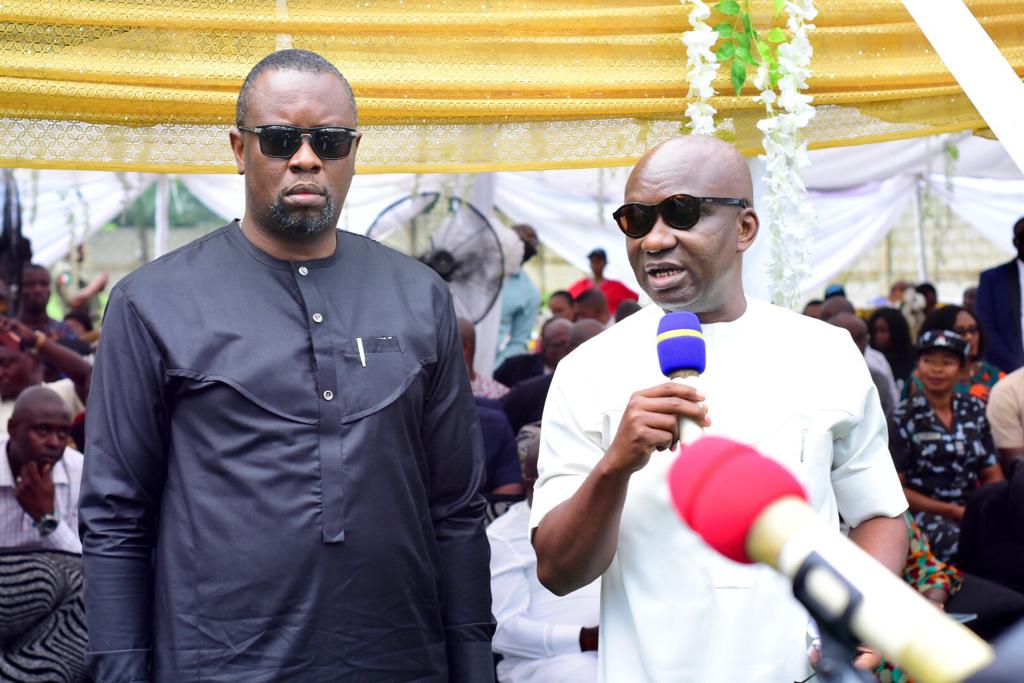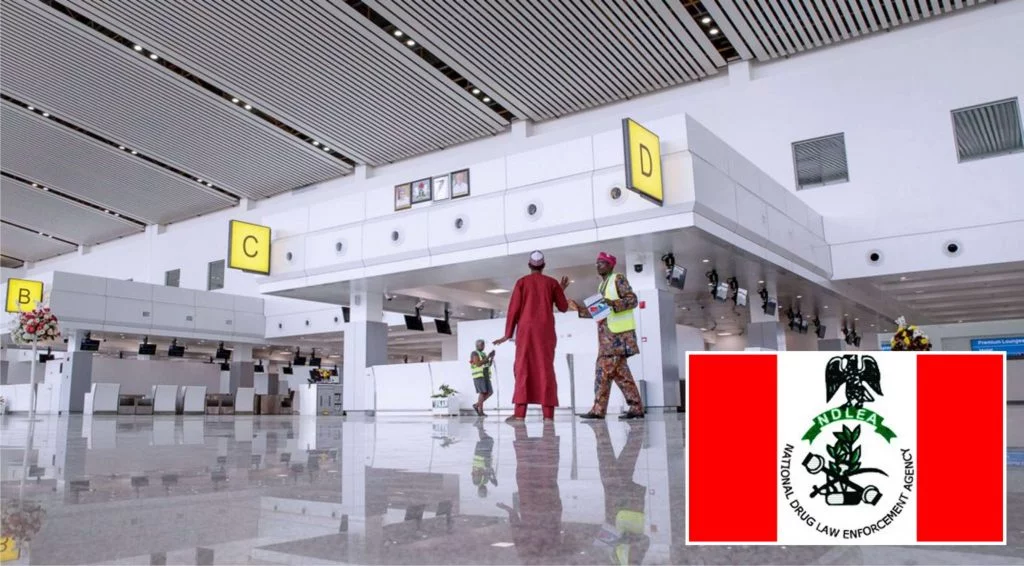Labour has picked holes in the parameters being used by the Nigeria Electricity Regulatory Commission (NERC) to determine electricity tariffs.
It wondered why inflation, exchange rates fluctuation, and gas price should play any role in determining rates.
It was learned at the weekend that NERC had approved the new Extraordinary Tariff Review applications, Performance Improvement Plan (PIP), and Capital Expenditure (CAPEX) presented by the electricity Distribution Companies (DisCos).
Following the approval, new tariffs are expected to be reviewed on July 1, despite the denial.
Joe Ajaero said it was unjustifiable for the cost of gas, which is locally produced, to be sold in the dollar to Generating Companies (GenCos).
Ajaero, who is also General Secretary of the Nigerian Electricity Employees Union (NUEE) wondered why there is a differential in the rates gas is sold to manufacturers and GenCos.
Noting that manufacturers buy gas, a major component for power generation, at $1.50 GenCos pay $2.50. He argued that the cost should be reduced for tariffs to go down.
He maintained that the leadership of organized labor would not accept another increase in power tariffs.
He added that a separate meeting by Labour would hold before further engagement with the government.
Ajaero said: “When we met last, we said no to electricity tariff increase. About two weeks ago, they wanted to convene a meeting but they put it off again because we faulted those assumptions on gas, foreign exchange, and inflation.
“These are assumptions that are not under my control and not under your control. When you wake up tomorrow and see a dollar exchanging for N600, what happens?
“These assumptions are extraneous and they can’t continue to shift them to consumers.
”Those variables are very faulty given the Nigerian situation. Gas is here in Nigeria, they are not importing it. Hydro is here in Nigeria.
“The other day, they were talking about reducing the capacity of the Mambilla Power Project from 3, 000MW to about 1, 500MW. Why will they do that? It is entirely hydro. By the time they get all the turbines fixed, there won’t be all these issues.
“Each time they increase tariffs, they create inflation. The same people that instigate inflation benefit from it.
Ajaero lamented that increases in tariffs have never been matched with improved service delivery.
NERC Chairman, Sanusi Garba and Commissioner, Safe Akpeneye, signed the approvals for new PIP and CAPEX for the DisCos they signed on April 29.
In the Multi-Year Tariff Order (MYTO) there is an allowance for the DisCos capital expenditure that the NERC must approve for them before their investment in such expenditure.
On the other hand, the DisCos must comply with the approved Capex allowance. The Ikeja Electricity Distribution Plc (IKEDC) for instance, proposed to undertake numerous interventions to improve service delivery to customers.
Over the next five years, the interventions will allow the company to increase the total energy supplied across IKEDC from the 2019 levels of 4,469Gwh/year to 5,263GWh/year by December 2022.
The energy distributor also wants to increase the average duration of supply to customers in each tariff band over the same period. It plans to increase platinum clusters from an average of 17 hours per day to a minimum of 20 hours per day.
Besides, it plans to reduce the average duration of interruptions from 12 hours to 8 hours per month by December 2022.
For more inquiry, You can visit our website at www.cdanewsonline.com
We promote your business and we have a space for advertisement.
We provide the best medium to reach out to the world.
Get more stories like on Facebook, Twitter
News Or Advert Contact Us by Email cdanews9@gnail.com., WhatsApp 234805410984 Facebook page CDA news.




